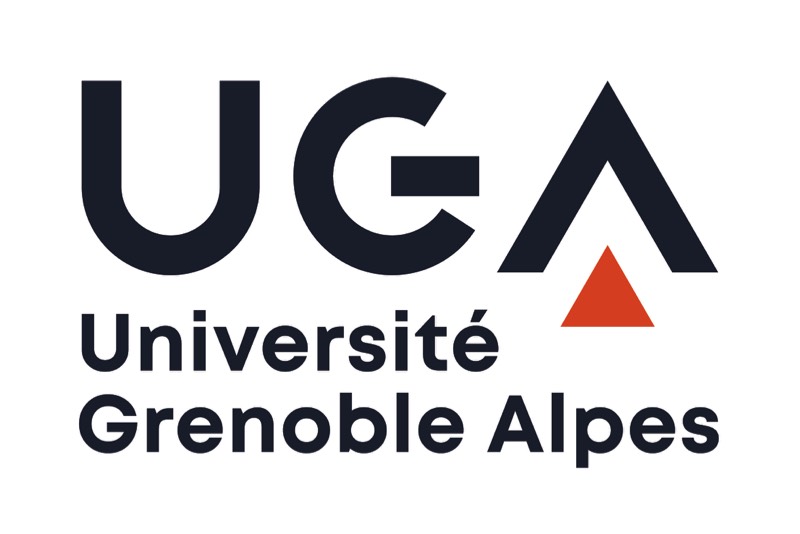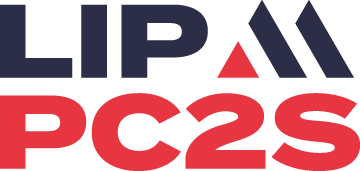Team and Collaborators
Doctoral students and Post Docs
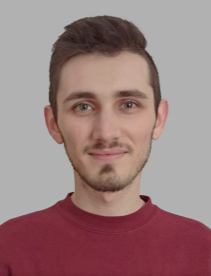
Yoann Julliard (doc)
His research interests include implicit processes, methods, and data analysis.
Specifically, his main research theme concerns the memory processes underlying approach and avoidance tendencies.
Approach/avoidance is one of the main responses of an organism and is crucial for its survival. Often it is necessary to decide quickly whether to approach or avoid. For example, in front of a growling dog, the decision to run away should be almost automatic.
Relying on past experiences is one way to react quickly to our environment. Our research project aims to improve our understanding of approach/avoidance tendencies by relying on a grounded cognition approach and on a non-abstractive view of memory.
A better understanding of the memory processes underlying approach/avoidance tendencies would allow us to determine important aspects when measuring and training approach/avoidance tendencies.
To visit his web page, click the button below:
Specifically, his main research theme concerns the memory processes underlying approach and avoidance tendencies.
Approach/avoidance is one of the main responses of an organism and is crucial for its survival. Often it is necessary to decide quickly whether to approach or avoid. For example, in front of a growling dog, the decision to run away should be almost automatic.
Relying on past experiences is one way to react quickly to our environment. Our research project aims to improve our understanding of approach/avoidance tendencies by relying on a grounded cognition approach and on a non-abstractive view of memory.
A better understanding of the memory processes underlying approach/avoidance tendencies would allow us to determine important aspects when measuring and training approach/avoidance tendencies.
To visit his web page, click the button below:
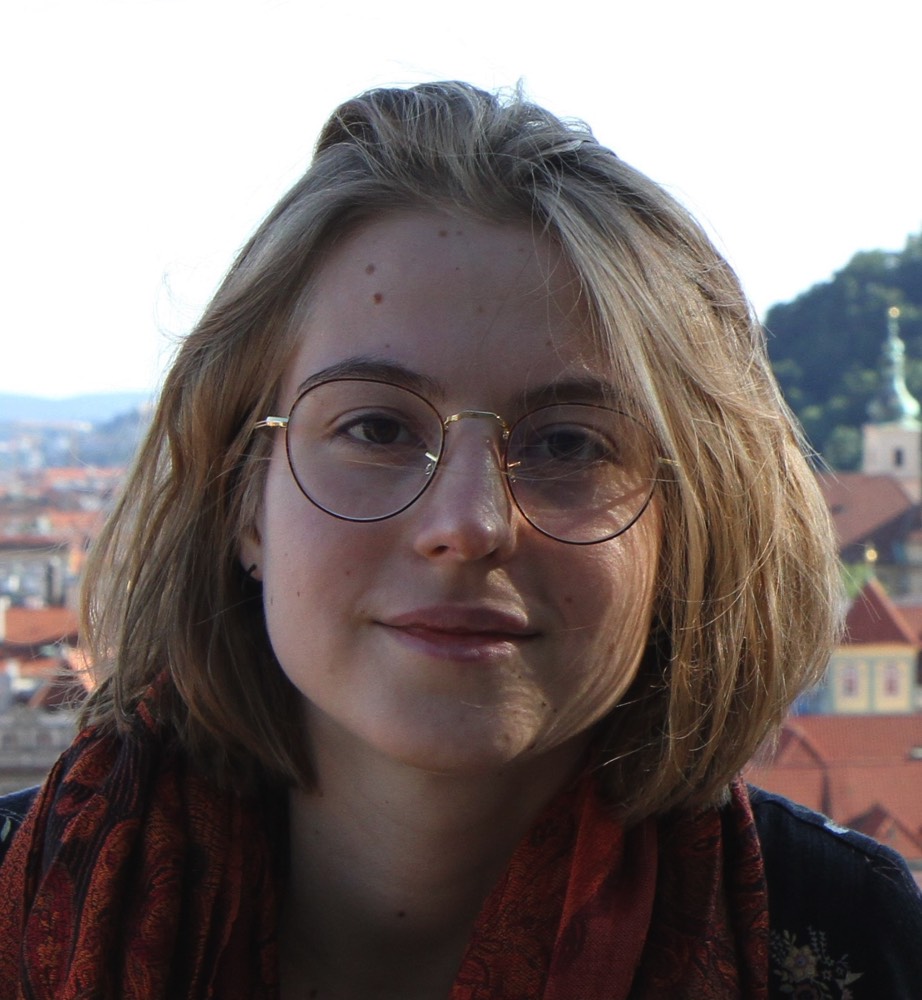
Maude Tagand (doc)
Maude works on how we assess our beliefs and how we change or do not change our mind about them.
To visit his web page, click the button below:
To visit his web page, click the button below:
Former students and post docs
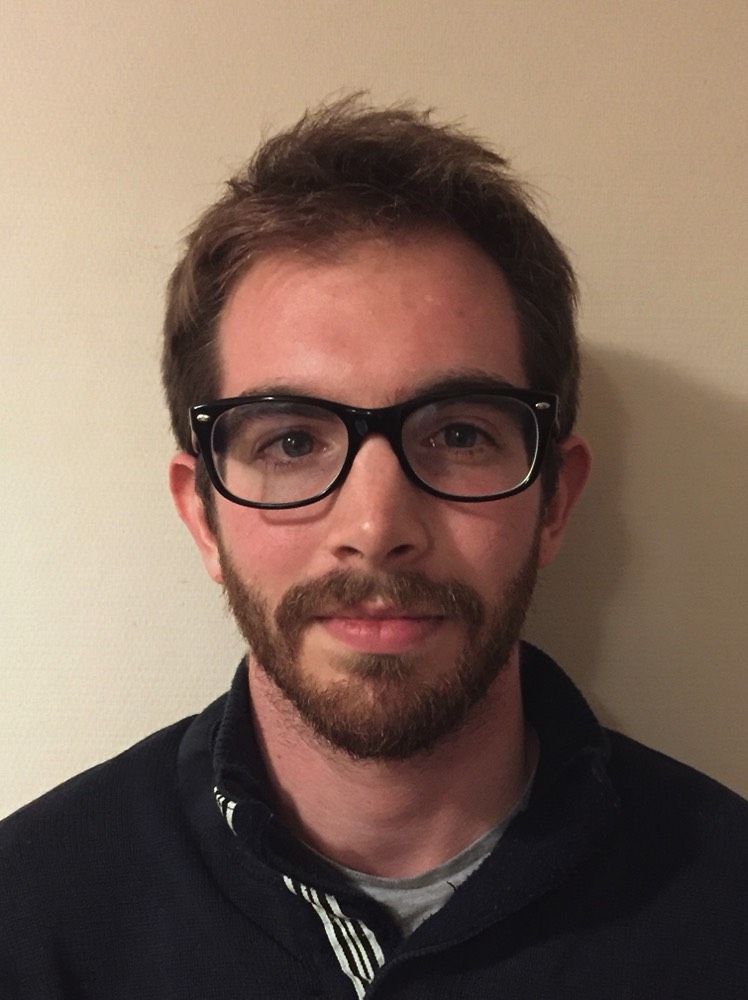
Cédric Batailler
Cédric works on approach training and its effect on the self-concept. Approaching domain-relevant objects has been shown to ease association between the domain and the self-concept (Kawakami, Steele, Cifa, Phills & Dovido, 2008). Because women tend to dissociate themselves from mathematics, such training could be used to reduce inequalities between male and female in mathematic related domains. The aim of his thesis is to understand underlying mechanisms involved in the approach training effect and implications of associations with self-concept.
To visit his web page, click the button below:
To visit his web page, click the button below:
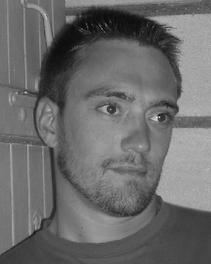
Nicolas Bochard
Nicolas works on the health halo effect. Some labels on food products promote unwarranted healthy nutrient inferences. Products with the label without cholesterol, high in fiber, organic and fair trade are perceived to contain fewer calories, to be eaten more often and in larger amount (Chernev, 2011; Lee, Shimizu, Kniffin, & Wansink, 2013; Schuldt & Schwarz, 2010 Andrews, Netemeyer, & Burton, 1998). The aim of my thesis is to understand, define this phenomenon, and to experimentally identify its underlying processes.
His other area of interest is related to the social comparison processes and its consequences for interpersonal relations (see Muller, Bushman, Subra, & Ceaux, 2012). More precisely, he examines whether being better than others (downward comparison) activates the Behavioral Approach System (Keltner, Gruenfeld & Anderson, 2003) and can have disinhibiting effects on subsequent behaviors.
To visit his web page, click the button below:
His other area of interest is related to the social comparison processes and its consequences for interpersonal relations (see Muller, Bushman, Subra, & Ceaux, 2012). More precisely, he examines whether being better than others (downward comparison) activates the Behavioral Approach System (Keltner, Gruenfeld & Anderson, 2003) and can have disinhibiting effects on subsequent behaviors.
To visit his web page, click the button below:
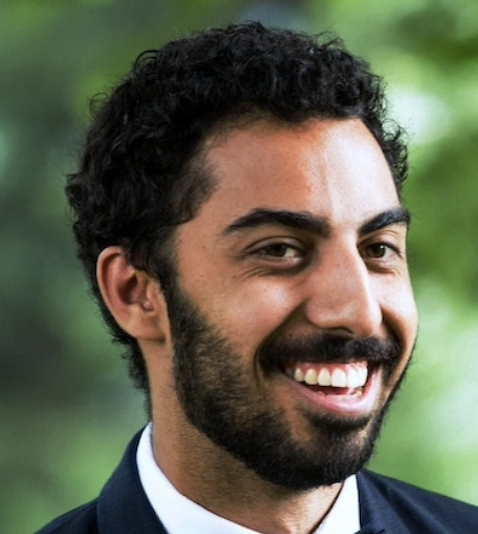
Rémi Courset
Rémi studies an indirect measure, namely the Stereotype Misattribution Task (Krieglmeyer & Sherman, 2012) to which he applies multinomial processing trees (Hütter & Klauer, 2016). In his work, Rémi studies most particularly spontaneous stereotypes associated with people originating from North Africa.
To visit his web page, click the button below:
To visit his web page, click the button below:
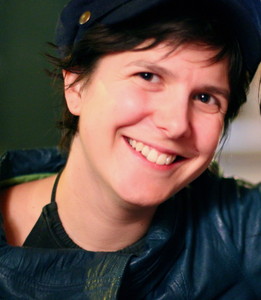
Marie-Pierre Fayant
Her research deals with social cognition and self-regulation.
In one line of research, she studies threatening situations like social comparisons with better-off (Muller & Fayant, 2010) or ostracism (Fayant, Muller, Hartgerink, & Lantian, 2014). She is especially interested by the attentional consequences of such threat (see Muller & Fayant, 2010).
In a second line of research, she studies the effect of approach/avoidance on the association between the self and others. For instance, she showed that approaching and avoiding the comparison information moderates its impact on self-evaluation (Fayant, Muller, Nurra, Alexopoulos, & Palluel-Germain, 2011).
Marie-Pierre is now associate professor at University Paris Descartes.
To visit her web page, click the button below:
In one line of research, she studies threatening situations like social comparisons with better-off (Muller & Fayant, 2010) or ostracism (Fayant, Muller, Hartgerink, & Lantian, 2014). She is especially interested by the attentional consequences of such threat (see Muller & Fayant, 2010).
In a second line of research, she studies the effect of approach/avoidance on the association between the self and others. For instance, she showed that approaching and avoiding the comparison information moderates its impact on self-evaluation (Fayant, Muller, Nurra, Alexopoulos, & Palluel-Germain, 2011).
Marie-Pierre is now associate professor at University Paris Descartes.
To visit her web page, click the button below:
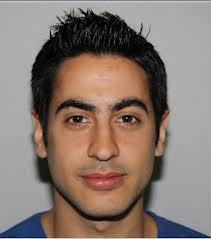
Anthony Lantian
Overall, Anthony tries to understand the origins, functional roles, and consequences of different beliefs (and lay theories) that people hold about the world. More specifically, he focuses on belief in conspiracy theories (my PhD topic) as well as beliefs in free will and determinism.
Furthermore, he has an interest in social exclusion/ostracism research, more precisely in its psychological consequences (Fayant, Muller, Hartgerink, & Lantian, 2014). Besides, we currently examine how observers (not involved in the social interaction) explain a situation of social exclusion (with no indications explaining this exclusion), by taking an ingroup/outgroup perspective.
Anthony is now associate professor at University Paris Nanterre.
To visit his web page, click the button below:
Furthermore, he has an interest in social exclusion/ostracism research, more precisely in its psychological consequences (Fayant, Muller, Hartgerink, & Lantian, 2014). Besides, we currently examine how observers (not involved in the social interaction) explain a situation of social exclusion (with no indications explaining this exclusion), by taking an ingroup/outgroup perspective.
Anthony is now associate professor at University Paris Nanterre.
To visit his web page, click the button below:
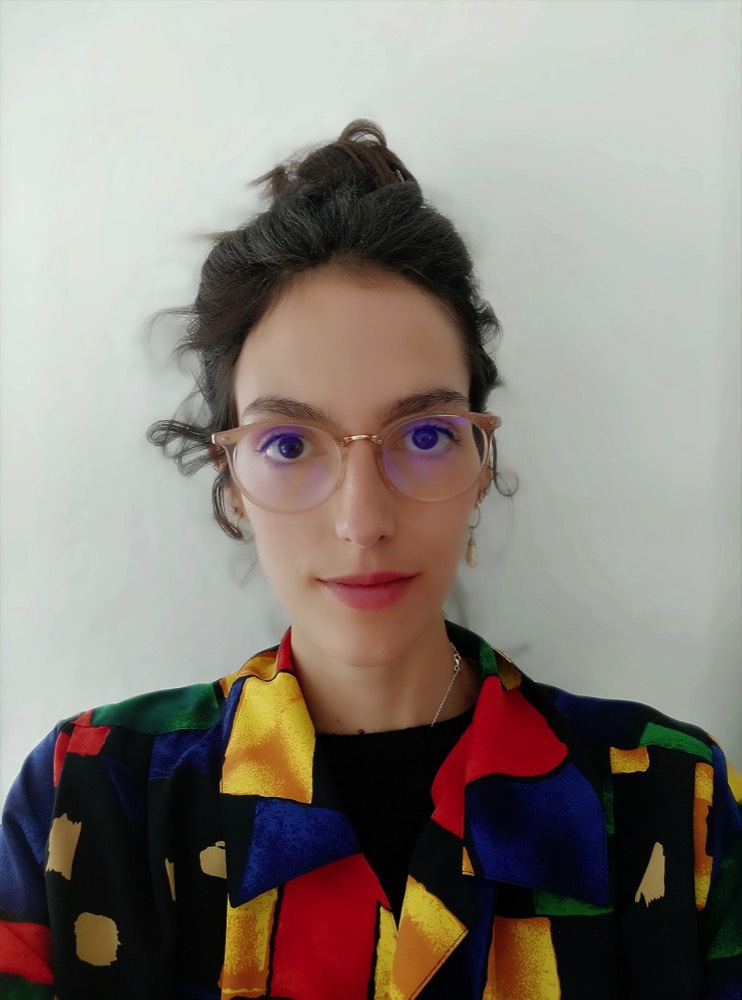
Ivane Nuel (post doc)
Her research interests include how approach/avoidance movements influence attitudes toward others. More recently, she has started to work on intellectual humility.
To visit his web page, click the button below:
To visit his web page, click the button below:
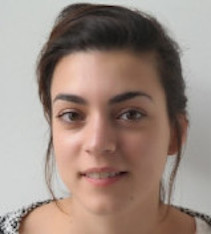
Marine Rougier
Marine works on grounded cognition and implicit processes. As part of this line of research, she is working on an approach/avoidance task we developed as part of the SATIS research project (financed by the Agence National For the Research, ANR).
Marine is now a post doc at Ghent University (Belgium)
To visit her web page, click the button below:
Marine is now a post doc at Ghent University (Belgium)
To visit her web page, click the button below:
